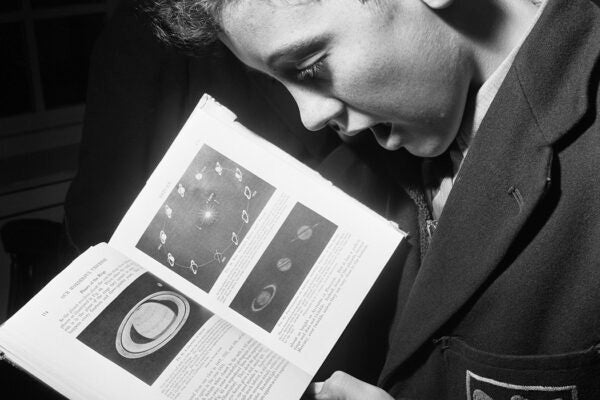Romantic love holds a special place in Western society’s imagination. It is one of the few places we will defend irrationality and inefficiency. Attempts to commodify and technologize love have all attracted criticism, as online dating and apps have been accused of cheapening the idea of love. Yet scholar Nina Varsava argues that the modern-day dating marketplace isn’t a cheaper version of love—just an updated version of it, one that still allows for the thrills, doubts, courage, effort, nuances, frustrations, and joy we associate with romance.
Customizing Love
Dating apps let you filter and sort by age, education, appearance, interests and distance. Some advertise accurate “match tests,” narrowing down the pool of potential mates to a high specialized group, based entirely on the user’s input. This, critics argue, eliminates one of love’s most delightful capabilities—finding attraction to someone completely opposite from you, someone you’d never have considered.
But Varsava points out that many times, in real life, we’re using our own subconscious filter, which is just as strict in eliminating prospects based on superficial measurements like appearance or education.
The Romance Contract
It is true that when we sign up to a dating site, we engage in conversations and activities with the specified purpose of finding a satisfying romantic encounter (however brief), and we operate under a certain set level of assumptions. Each of us plays a specific role, and each of us is expected to contribute to the end goal somehow. That is a heavy list of job responsibilities we carry with us, subconsciously, even in an initial online match.
This transactional nature has been criticized as, “an attempt to place love under a law of sorts and therefore as a betrayal of love itself.” Varsava tentatively agrees, writing that this criticism “although undoubtedly an exaggeration, does not seem totally off base.” Yet, as Varsava says, although not as prescriptive as Tinder and OkCupid, “agreements and promises, and the repetition of them, are incredibly common if not necessary to relationships of love, whether or not these are formed with the aid of dating services.”
Want more stories like this one?
Offline, we consistently and constantly reaffirm affection through verbal acts, physical encounters or acts of service and support. An offline romantic relationship is considered to be healthy when both parties agree to play a significant role in other’s life.
“Love is not in need of reinventing…although our cultural moment does call for rethinking and reimagining the practice of love, considering the rapidly evolving and expanding services and tools that surround it,” concludes Varsava. “Insofar as dating services promise risk-free love, they are guilty of false advertising; but they are not guilty of putting under threat the very risk that underwrites the dominant Western conception of love.”







